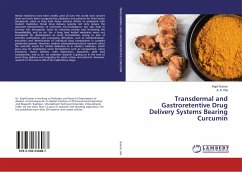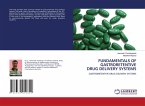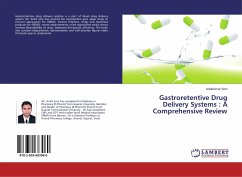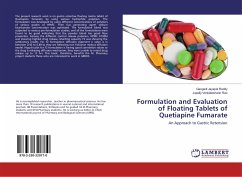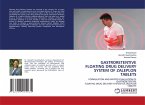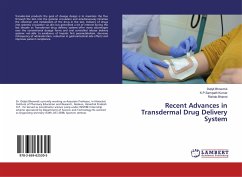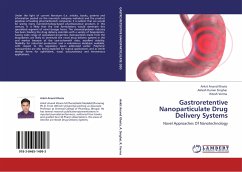Herbal medicines have been widely used all over the world since ancient times and have been recognized by physicians and patients for their better therapeutic value as they have fewer adverse effects as compared with modern medicines. Novel drug delivery systems not only reduce the repeated administration to overcome non-compliance, but also help to increase the therapeutic value by reducing toxicity and increasing the bioavailability, and so on. For a long time herbal medicines were not considered for development as novel formulations owing to lack of scientific justification and processing difficulties, such as standardization, extraction and identification of individual drug components in complex polyherbal systems. However, modern phytopharmaceutical research solves the scientific needs for herbal medicines as in modern medicine, which gives way for developing novel formulations such as nanoparticle, micro emulsions, matrix systems, solid dispersions, liposomes, solid lipid nanoparticle, and so on. An extensive research is going on in the area of novel drug delivery and targeting for plant actives and extracts. However, research in this area is still at the exploratory stage.
Bitte wählen Sie Ihr Anliegen aus.
Rechnungen
Retourenschein anfordern
Bestellstatus
Storno

